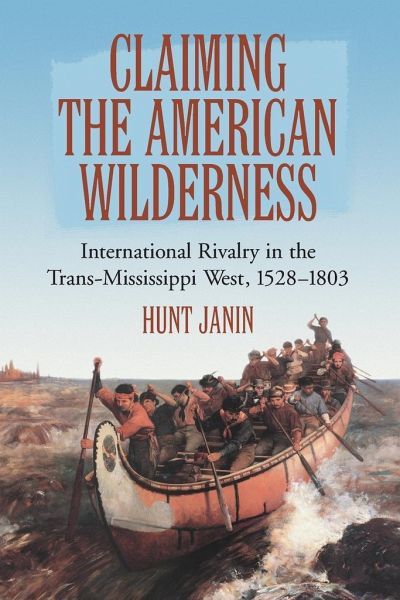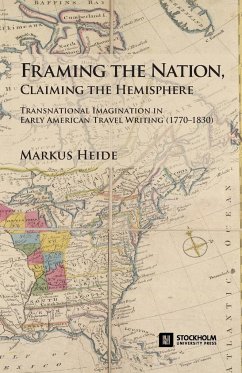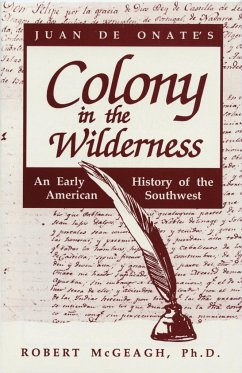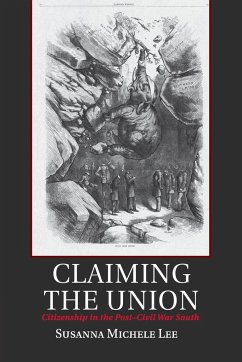
Claiming the American Wilderness
International Rivalry in the Trans-Mississippi West, 1528-1803
Versandkostenfrei!
Versandfertig in 1-2 Wochen
44,99 €
inkl. MwSt.

PAYBACK Punkte
22 °P sammeln!
In the early sixteenth century, as voyages across the Atlantic became more feasible and consequently more frequent, international competition for possession of the New World intensified. Occupied by numerous Indian tribes, western North America was home to vast natural resources, alleged riches and a fabled waterway that would connect the Mississippi with the Pacific Ocean. Over the next two centuries, Spanish, French, British, Russian and American explorers flocked to the Trans-Mississippi West, competing with each other as well as the native Indian groups for possession of the western half o...
In the early sixteenth century, as voyages across the Atlantic became more feasible and consequently more frequent, international competition for possession of the New World intensified. Occupied by numerous Indian tribes, western North America was home to vast natural resources, alleged riches and a fabled waterway that would connect the Mississippi with the Pacific Ocean. Over the next two centuries, Spanish, French, British, Russian and American explorers flocked to the Trans-Mississippi West, competing with each other as well as the native Indian groups for possession of the western half of the continent. Beginning with the 1528 shipwreck of Spanish conquistador Cabeza de Vaca and ending with the negotiation of the Louisiana Purchase in 1803, this volume presents a broadly based general survey of the events which took place in the Trans-Mississippi West during the sixteenth, seventeenth and eighteenth centuries. The book focuses on the international rivalries west of the Mississippi and the resulting intense military and commercial competition. Using a unique prismatic rather than chronological approach, the work examines six distinct groups--Native American Indians, Spanish, French, British, Russians and Americans--and the objectives of each with regard to the Trans-Mississippi West. Sources include contemporary journals of explorers such as Lewis and Clark. An epilogue evaluates the success of the respective quests while a brief chronology at the end of the text serves to orient the reader. Appendices address eight related topics including the Lewis and Clark expedition, firearms on the early frontier, and the coming of the horse.














